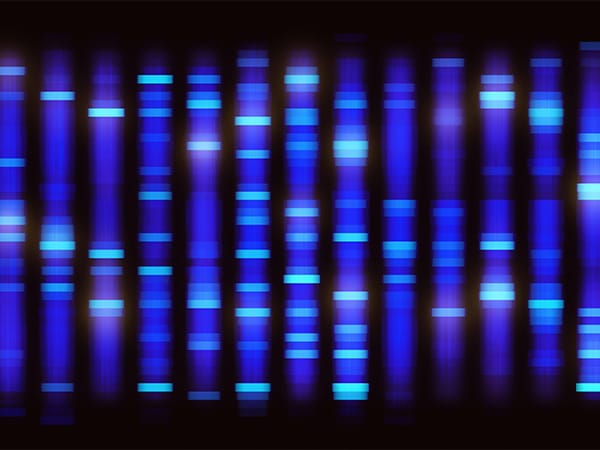Increasing Targeted Therapy Options for Leukemia Patients
The FDA approval of gilteritinib provides a new treatment option for certain patients whose acute myeloid leukemia tests positive for a mutation in the FLT3 gene.

The U.S. Food and Drug Administration (FDA) recently approved a new molecularly targeted therapeutic called gilteritinib (Xospata) for treating certain patients with acute myeloid leukemia (AML).
The National Cancer Institute estimates that 19,520 people in the United States will be diagnosed with AML in 2018. The disease carries a poor prognosis, with an overall five-year relative survival rate of just 27.4 percent.
Gilteritinib is intended for adults who have AML that tests positive for a mutation in the FLT3 gene and that has returned after initial treatment or never responded to it in the first place.
Genetics research has shown that between 25 percent and 30 percent of AML cases are characterized by the presence of mutations in the FLT3 gene.
That research led to the development of therapeutics targeting FLT3. The FDA approved the first of these molecularly targeted therapeutics, midostaurin (Rydapt), in April 2017. Despite the success of midostaurin in the phase III clinical trial that led to its approval — there was a 23 percent improvement in overall survival for those patients who received midostaurin compared with those who received placebo — many patients relapse because their leukemia becomes resistant to midostaurin and many have disease that did not respond to the treatment in the first place.
Gilteritinib is highly potent and selective for FLT3. It was approved for treating patients with relapsed/refractory FLT3 mutation-positive AML based on early results from the ADMIRAL phase III clinical trial. Relapsed means the disease has recurred after initial treatment, whereas refractory refers to disease that did not respond to the initial treatment.
According to the FDA, 21 percent of patients who received gilteritinib had complete remission, meaning they had no evidence of disease and full recovery of blood counts, or complete remission with partial hematologic recovery, meaning they had no evidence of disease and partial recovery of blood counts.
The FDA approval was rendered on Nov. 28, 2018.
